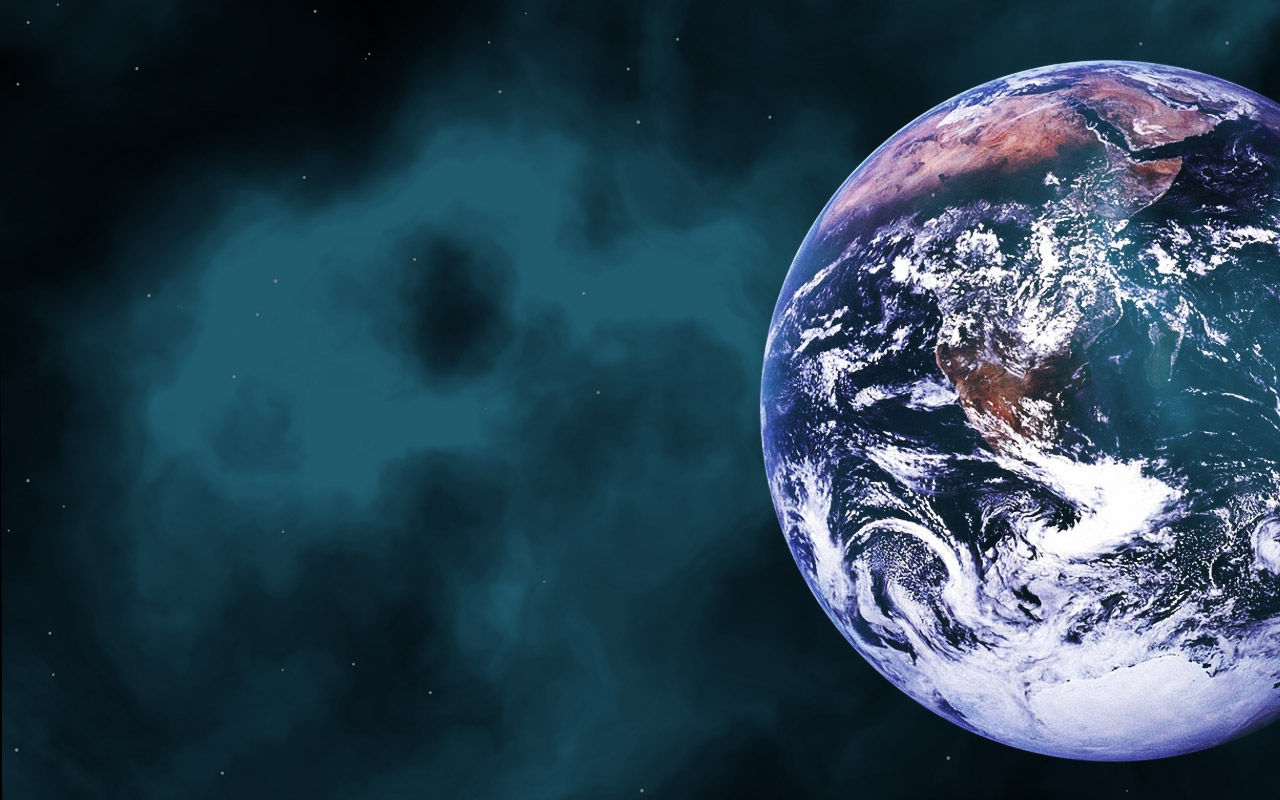
I knew going into this project that in one way or another humans would never find a truly satisfying answer to what exists in outer space; there will always remain more to explore, more questions asked, farther places to go, thus making humans’ innate curiosity about space a thirst that may never be quenched.
Conclusion
All in all, I learned that space exploration is, by no means, silly business. People from all over the world invest a lot of money, time, effort, and resources into carrying out more missions to space; on the other hand, space exploration, as daunting as its sticker price may seem, helps unite the human race under one goal: to pick up where our ancestors left off and continue to develop technology for the advancement of the human species.
It is things like the discovery of new planets or even seeing Neil Armstrong set foot on the moon that incites hope and excitement in many people, including me, for the future. The fact that people such as Elon Musk are stepping up to make space exploration a more efficient and affordable pursuit proves the potential of continuing the space program while being able to address the problems humans face today as well.
When considering the current state of the human race as a whole and the alarming condition of the environment, it is important to know how to properly allocate the Earth’s limited resources toward worthy pursuits, and space exploration is one of those pursuits.
We must stop wasting money, time, and resources on pursuits that only further divide people and create conflict and instead focus on pursuits from which many people can benefit. We should continue to develop technology that allows us to delve deeper into space and open doors for future generations to do the same thing.
“Nothing forces us to be passive observers, clucking in dismay as our destiny inexorably works itself out. If we cannot quite seize fate by the neck, perhaps we can misdirect it, or mollify it, or escape it.” - Carl Sagan





